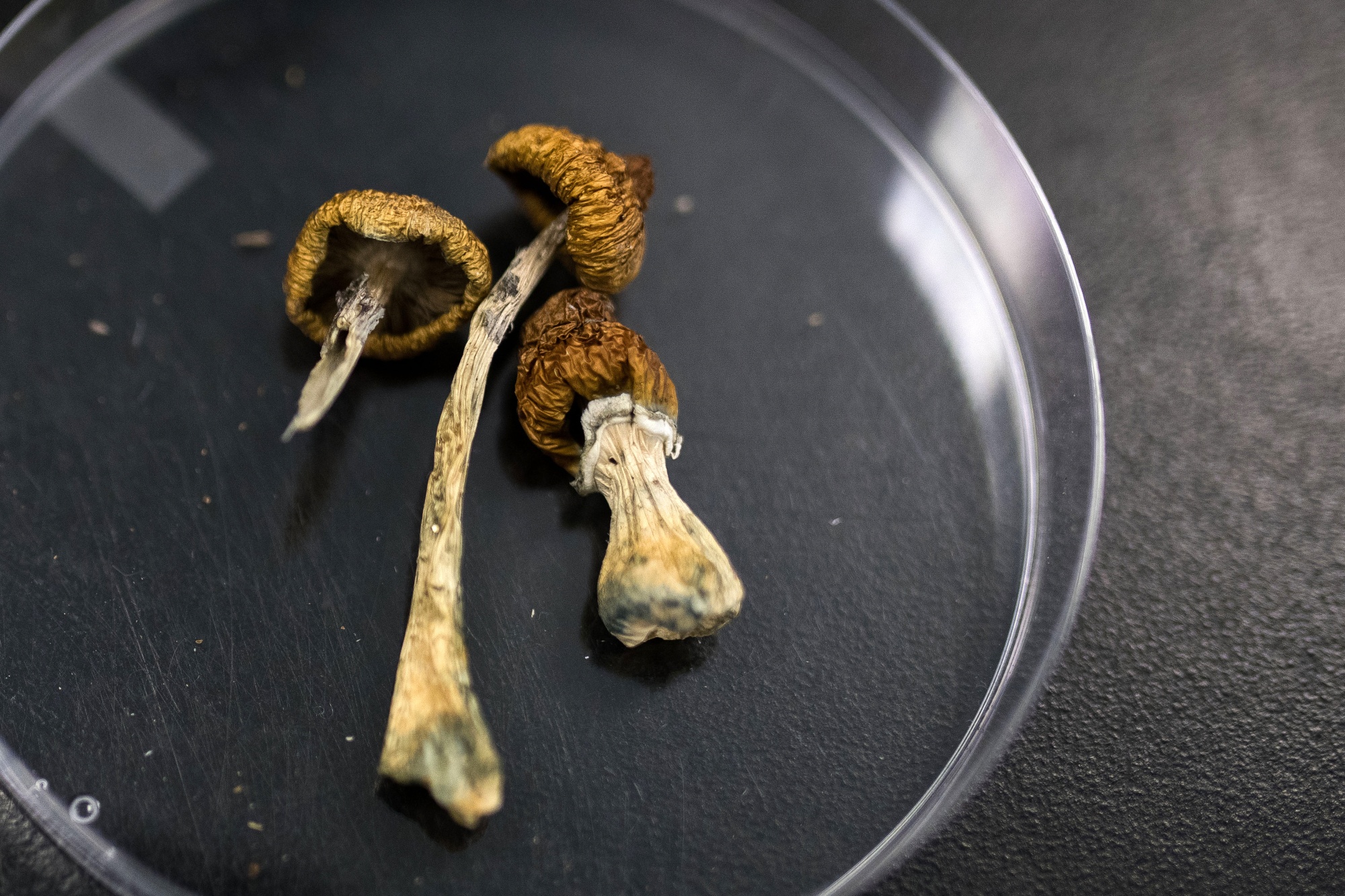In recent years, the practice of microdosing magic mushrooms has garnered attention for its potential benefits on mental health, creativity, and overall well-being. Microdosing involves taking sub-perceptual doses of psychedelics like psilocybin found in magic mushrooms, a method gaining popularity for its reported positive impacts without inducing a full psychedelic trip.
Enhanced Mood and Emotional Well-being
Numerous anecdotal reports and some scientific studies suggest that microdosing magic mushrooms may contribute to enhanced mood and emotional stability. A study published in the journal ‘Psychopharmacology’ in 2019 indicated that microdosing psilocybin was associated with increased emotional well-being and reduced symptoms of depression and anxiety in a sample group.
Improved Cognitive Function and Creativity
Microdosing has also been linked to improved cognitive function and creativity. Research conducted by Prochazkova and colleagues (2018) reported that microdosing led to increased convergent and divergent thinking, essential components of creativity. Participants in the study reported heightened creativity, improved problem-solving abilities, and increased focus during their microdosing periods.

Potential for Alleviating Symptoms of Depression and Anxiety
While further research is ongoing, initial findings suggest that microdosing might hold promise in alleviating symptoms of depression and anxiety. A study conducted at Imperial College London found that microdosing psilocybin led to improved emotional stability and decreased symptoms of depression, offering a potential alternative for those resistant to traditional treatments.
Enhanced Connectivity and Neuroplasticity
Studies have indicated that psychedelics, including psilocybin from magic mushrooms, may promote neuroplasticity, allowing the brain to form new connections and pathways. This increased connectivity is suggested to play a role in improving mood and cognitive function, although more research is needed in this area.
Final Thoughts: References:
As the interest in microdosing mushrooms grows, it’s essential to approach this practice responsibly and with caution. While several studies show promising results, the field is still in its infancy, and further research is required to fully understand the long-term effects and potential risks associated with microdosing.
As always, consulting with a healthcare professional before starting any microdosing regimen is strongly advised, especially for individuals with pre-existing conditions or those taking medications. Nevertheless, the evolving body of research suggests that microdosing magic mushrooms could hold significant promise for mental health and cognitive enhancement, offering new avenues for exploration and well-being.
References:
- Prochazkova, L., Lippelt, D. P., Colzato, L. S., Kuchar, M., Sjoerds, Z., & Hommel, B. (2018). Exploring the effect of microdosing psychedelics on creativity in an open-label natural setting. Psychopharmacology, 235(12), 3401–3413.
- Anderson, T., Petranker, R., Christopher, A. N., Rosenbaum, D., Weissman, C. R., Dinh-Williams, L. A., Hui, K., Hapke, E., & Farb, N. A. S. (2019). Microdosing psychedelics: personality, mental health, and creativity differences in microdosers. Psychopharmacology, 236(2), 731–740.
- Hutten, N. R., Mason, N. L., Dolder, P. C., Kuypers, K. P. C., Müller, F., Farre, M., & Ramaekers, J. G. (2020). Mood and cognition after administration of low LSD doses in healthy volunteers: A placebo-controlled dose-response study. European Neuropsychopharmacology, 33, 71–80.










